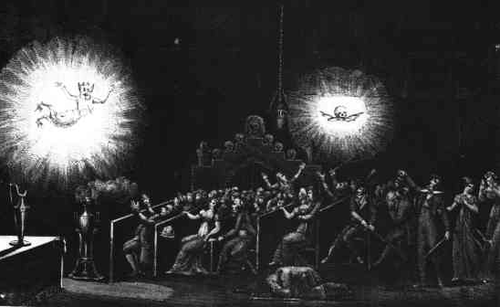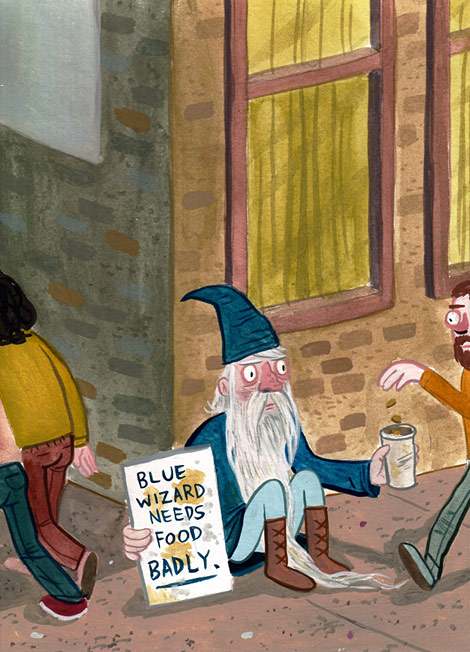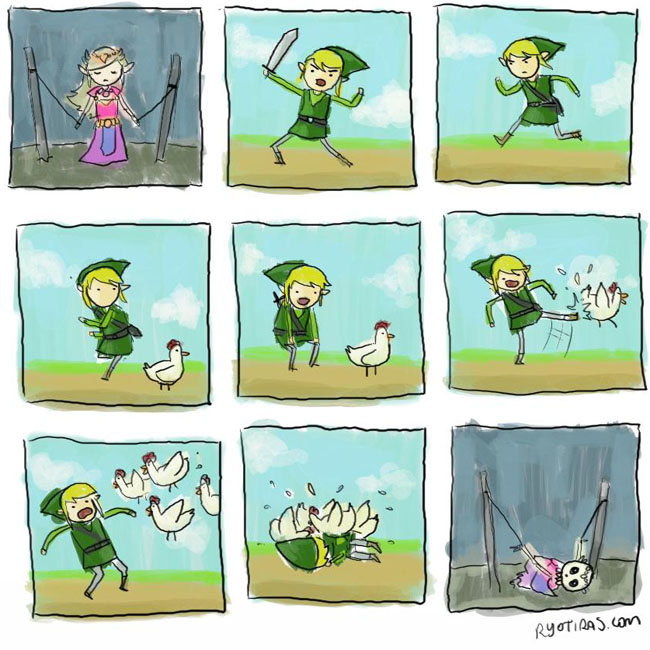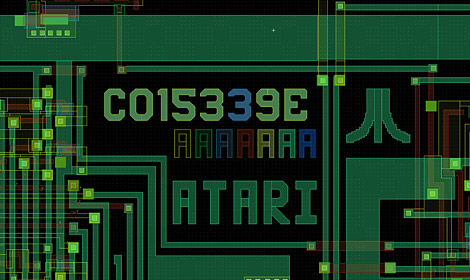
It’s interesting to look back at the hype and spectacle of the early CD-ROM games (with novelties like Myst flying off the shelf the medium was hailed as the savior of declining video game sales) as a parallel to the hype and spectacle of the real 18th Century phantasmagoria and magic lantern parlor theater. From classic gaming site GOG.com’s short editorial piece commemorating their recent addition of Roberta William’s popular 1995 FMV horror game Phantasmagoria:
In the mid-1700s, long before horror pioneers like Alfred Hitchcock, films such as Dracula and Frankenstein, and even cinema itself, the predecessor to horror cinema was born in a tiny coffee shop in Leipzig, Germany. The proprietor of the shop, Johann Schropfer, welcomed patrons with a warm beverage and an invitation to shoot the breeze and some stick in his adjoining billiards room. But the extra attraction of running a table after a long workday didn’t do much to boost Schropfer’s steadily declining patronage. In an effort to drum up business, Schropfer cast out pool tables and converted the billiards parlor into a séance chamber. […]
By the late 1760s, Schropfer’s once-deserted shop had evolved into a hotspot where patrons gasped in awe at ghostly images projected onto smoke, chilling music, ambient sounds, and burning incenses whose aromas were evocative of malevolent forces. The masterful performance put on by Schropfer proved so lucrative that the coffee-shop-owner-turned-showman took his show on the road throughout Europe until 1774, at which time Schropfer, perhaps haunted by the specters he alleged to call forth from the afterlife, took his own life.




